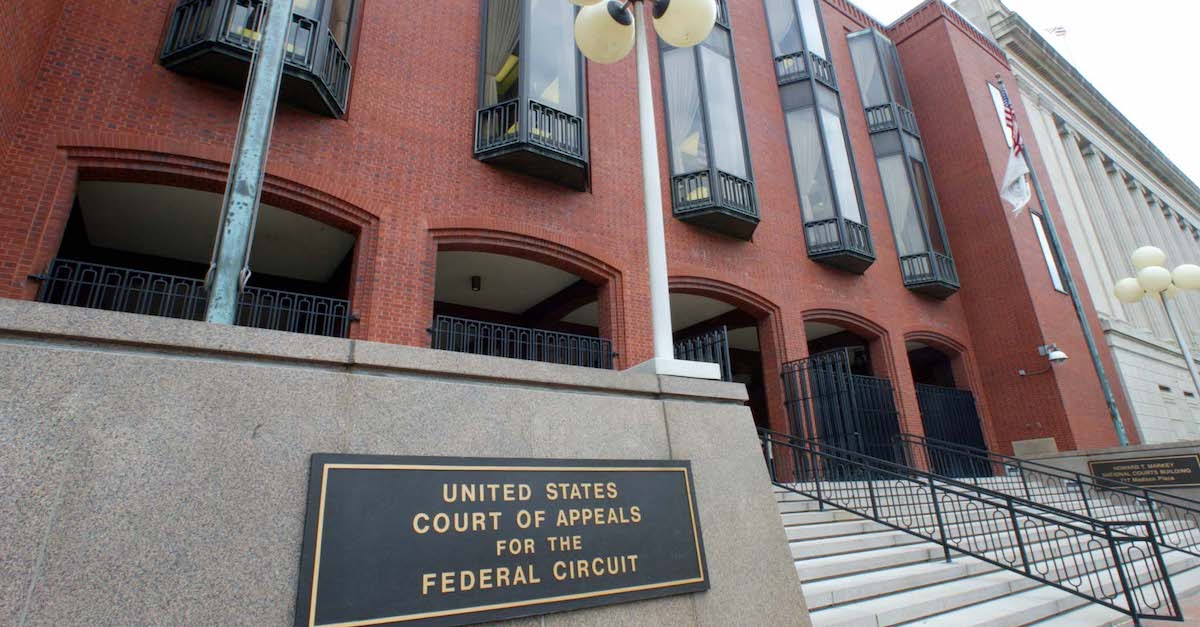
A committee in the U.S. House of Representatives is set to discuss whether publicly-funded information should be made available to the public for free.
On Tuesday, the House Judiciary Committee will mark up a bill aimed at revamping the decades-old Public Access to Court Electronic Records (PACER) system which charges user fees for access to the 500 million-plus documents currently under its administration.
Under the current law, the Judicial Conference of the United States, which is technically controlled by U.S. Chief Justice John Roberts, charges 10 cents per page for every search. The per-page charge applies even in cases where no search results turn up. PACER’s user fees are waived–and thus no debt is owed–if someone racks up less than $30 in charges during any given quarterly billing cycle.
Started in 1988 as a standalone library feature, the system was moved to the World Wide Web in 2001. The interface, however, hearkens back to something not entirely unlike like the Internet’s halcyon days of 1995–and the user experience for an un-initiated legal researcher can range from daunting to maddeningly perilous in terms of potential time wasted and fees accumulated.
Representatives Hank Johnson (D-Ga.) and Doug Collins (R-Ga.) are hoping to drastically change all of the above with their bipartisan reform effort, the Open Courts Act (OCA).
The bill would make online access to federal court records free to the public. It also contains language that would effectively improve upon PACER’s current and wildly out-of-date search functionality, increase third-party accessibility to the entire system, and upgrade and maintain the database using modern data standards.
Of note, is the OCA’s efforts to ensure that PACER remains up-to-date using transparent coding that will “incorporate widely accepted common data elements” as well as “incorporate a widely accepted, non- proprietary, full text searchable, platform-independent computer-readable format” and “be capable of being continually upgraded as necessary.”
Currently, the federal judiciary’s Case Management/Electronic Case Files (CM/ECF), of which PACER is only an interface or access gate, officially supports only the use of Firefox and Internet Explorer (IE) browsers–even though IE is now a defunct product. Other browsers, like Chrome and Safari, are capable of accessing PACER, of course, but the OCA self-evidently intends to ensure seamless functionality regardless of where and how someone is accessing the system.
Specifically, the Johnson-Collins bill hope to update PACER’s inner-workings “to improve security, data accessibility, affordability, and performance” and “to minimize the burden on pro se litigants” (people who represent themselves in court).
The OCA’s language about “affordability” is an increasingly salient point and not merely repetition of the sort of budget-conscious buzz-speak that is endemic to Washington, D.C. bipartisan legislation.
As of 2012, according to the Tucson Sentinel, PACER’s highly-criticized business model was pulling in tens of millions worth of excess user fees per year. Per the system’s operating statute, PACER user fees are meant to “reimburse expenses incurred in providing [PACER’s] services.”
Several lawsuits have been filed in recent years challenging the court system’s reliance on PACER–and the user fee agreement in particular–arguing that the public shouldn’t be charged for access to their own court records. Those lawsuits have mostly not been welcomed by federal judges. That has paved the way for a would-be legislative fix.
On its own terms, the OCA would take two to three years to modernize the overall CM/ECF so that all court documents are searchable, readily accessible and machine-readable regardless of an end user’s browser setup. During this period, so-called institutional “power users” would still be subject to PACER fees–if they charge over $25,000 annually. After that, fees would vanish entirely.
The continued preservation of the already extant and massive database of back-filed documents would be funded by a carve-out that mandates the U.S. Department of Justice (DOJ) continue paying for system access. (The DOJ currently spends around $4 million on CM/ECF/PACER access per year.)
Advocates hailed the progress as maybe exactly one thing that Congress could foreseeably agree upon.
“Democrats and Republicans alike hate PACER, so it’s fitting that the best chance we’ve had this century to fix this boondoggle – the Open Courts Act – comes as a bipartisan effort,” Fix the Court’s Gabe Roth said in a statement. “The third branch has been profiting off researchers, media and nonprofits via its ridiculous and outdated paywall for too long. That’s why Fix the Court urges the Judiciary Committee to vote this bill out of committee tomorrow and for House leadership to move it to the floor soon after.”
[Image via PAUL J. RICHARDS/AFP via Getty Images]